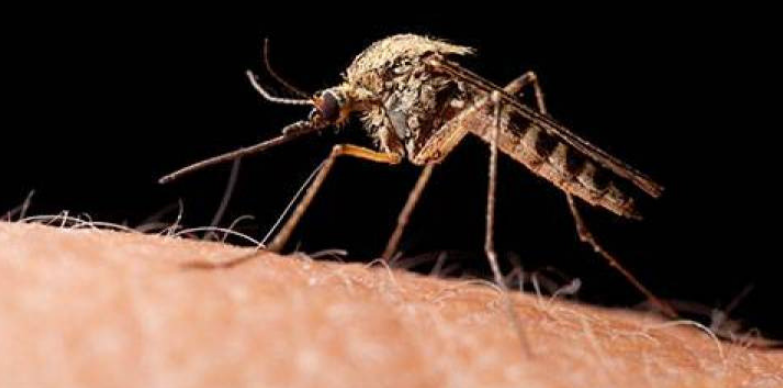Over the last five decades, dengue has emerged globally as a critical threat. The World Health Organization (WHO) estimates that 50-100 million dengue infections occur each year and that almost half the world’s population lives in countries where dengue is endemic.
While the number of Covid-19 cases races towards the 55 lakh mark the incidence of dengue is also high. According to the National Vector Borne Disease Control Programme (NVBDCP), 1,36,422 dengue cases were diagnosed in 2019 and an estimated 132 people died.
It is to note that the initial symptoms and laboratory parameters of these infections are more or less the same.
Today, dengue ranks as the most important mosquito-borne viral disease in the world. The emergence and spread of all four dengue viruses (serotypes) represent a global pandemic. While dengue is a global concern, currently close to 75% of the global population exposed to dengue are in the Asia-Pacific region.
Now, scientists have warned that Covid-19 and the mosquito-borne disease have overlapping symptoms and the country’s healthcare infrastructure would not be able to cope with this double whammy.
Mortality from dengue can be reduced to zero by immediately implementing timely, appropriate clinical management, which involves early clinical and laboratory diagnosis, intravenous rehydration, staff training and hospital reorganization and training health personnel, along with appropriate referral systems, at primary health-care levels.
Dengue morbidity can also be reduced by implementing improved outbreak prediction and detection through coordinated epidemiological and entomological surveillance; promoting the principles of integrated vector management and deploying locally-adapted vector control measures including effective urban and household water management. Effective amended prevention programs
#COVID19 के चलते डेंगू को अनदेखा न करे। इसकी रोकथाम संभव है। कुछ आसान से उपायों को अपनाकर, करें डेंगू से बचाव| https://t.co/FQupwiLf3S. #SwasthaBharat #TransformingHealth #Dengue pic.twitter.com/Fw1segCzIX
— Ministry of Health (@MoHFW_INDIA) September 20, 2020
Do you notice symptoms such as sudden-onset fever, headache (typically located behind the eyes), muscle and joint pain, Rash, chills (shivering), loss of appetite, sore throat, and abnormal bleeding such as nosebleeds, bleeding gums and for blood in you
Symptoms of dengue usually develop within 3-14 days after being exposed to the dengue virus (also known as the incubation period). The average incubation period is around 4-7 days.
Diagnosis for both dengue and Coronavirus is a challenge and there are no antiviral drugs or vaccines. Therefore, the best way to prevent getting dengue is to avoid being bitten by a mosquito. Some of the preventive measures are as follows-
- Use insect repellents and mosquito nets to avoid being bitten Bodies could be protected from mosquito bite by applying insect repellent (containing DEET) on the clothes and exposed part of the body especially when you travel to Dengue Fever endemic areas
- Wear long-sleeved clothes and long trousers while going outdoors.
- The best preventive measure for residents living in areas infested with Aedes aegypti is to clean the places where the mosquito lays their eggs, primarily artificial containers that store water, items that collect rainwater or are used to store water (for example plastic containers, drums buckets, or used automobile tires) should be cleaned or discarded Pet watering containers and power vases should be emptied and scrub dried at least once a week. This will eliminate the mosquito eggs, time, and reduce the number of mosquitoes present in these areas.
- The risk of being bitten by mosquitoes can also be reduced by screening the windows and doors.
- The patient should stay under a bed net or in a place with intact window door screens to prevent Aedes mosquito bites during the first week of ness This will prevent further spread of dengue to other persons Cover water containers tightly so that mosquitoes can get in to lay eggs. Pesticide spraying fogging can also be mere.

